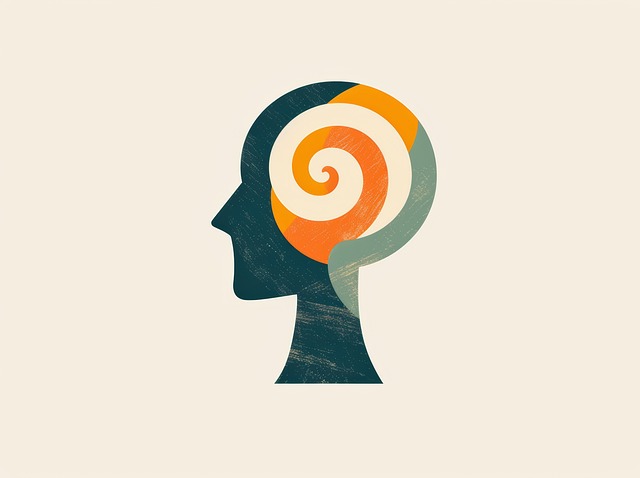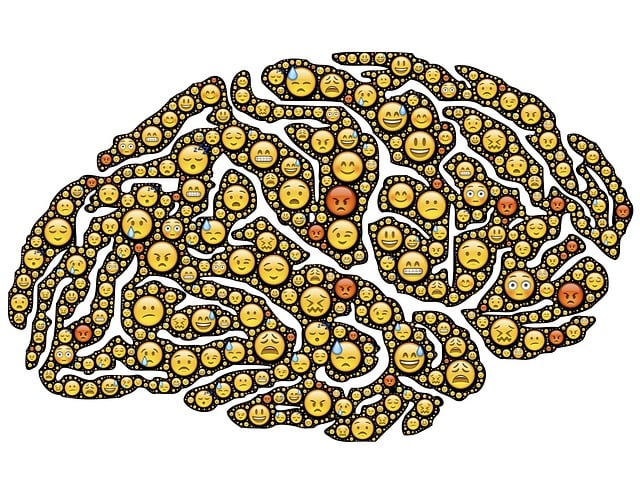Understanding and treating Northglenn Obsessive Compulsive Disorder (OCD) involves a multi-faceted approach. Diagnosis requires evaluation by a mental health professional using standards like the DSM-5. Early intervention through personalized therapy, medication, or both, is crucial. Coaches play a vital role in empowering clients to manage OCD symptoms effectively using techniques like active listening and CBT. Evidence-based therapy models, continuous training, risk management, community outreach, and inner strength development are key to successful Northglenn OCD therapy.
In the realm of mental health, Northglenn Obsessive Compulsive Disorder (OCD) therapy has emerged as a crucial area of focus. This article delves into the development of mental wellness coaching programs specifically tailored to address OCD. We explore understanding the symptoms and diagnosis of this complex condition, design principles for effective coaching interventions, and strategic implementation methods. By focusing on Northglenn OCD therapy, these strategies aim to enhance treatment outcomes and improve the lives of those affected by OCD.
- Understanding Northglenn Obsessive Compulsive Disorder: Symptoms and Diagnosis
- Designing Effective Mental Wellness Coaching Programs for OCD
- Implementation Strategies and Continuous Improvement in OCD Therapy
Understanding Northglenn Obsessive Compulsive Disorder: Symptoms and Diagnosis

Understanding Northglenn Obsessive Compulsive Disorder (OCD) is essential for anyone considering mental wellness coaching programs in this area. OCD is a mental health condition characterized by intrusive thoughts and repetitive behaviors that can significantly impact daily life. Individuals with OCD often experience a sense of anxiety or distress when they cannot perform these rituals, leading to a cycle of obsessions and compulsions.
Symptoms can vary widely but typically include persistent thoughts or images (obsessions) that trigger feelings of unease, followed by repetitive behaviors (compulsions) meant to alleviate the anxiety. A diagnosis requires an extensive evaluation by a qualified mental health professional. This process involves a thorough history, physical examination, and specific criteria for OCD as outlined in diagnostic manuals like the DSM-5. Early intervention is key, and Northglenn Obsessive Compulsive Disorder therapy often includes cognitive-behavioral therapy (CBT), medication, or a combination of both, tailored to each individual’s needs. Community outreach programs can play a vital role in raising awareness about OCD, while risk assessment tools for mental health professionals can help prevent burnout, ensuring better support for those dealing with this complex disorder.
Designing Effective Mental Wellness Coaching Programs for OCD

Designing mental wellness coaching programs tailored for individuals with Obsessive Compulsive Disorder (OCD) in Northglenn requires a nuanced and empathetic approach. OCD is a complex condition characterized by intrusive thoughts and repetitive behaviors, affecting one’s daily functioning. An effective coaching program should focus on building a safe and supportive environment where clients feel understood and empowered. Coaches play a vital role in teaching clients strategies to manage their symptoms while fostering self-esteem and resilience.
Empathy building strategies are key to successful OCD therapy. Coaches must demonstrate genuine understanding of the client’s struggles, helping them see their thoughts and behaviors from a different perspective. By employing techniques such as active listening and reflecting back feelings, coaches can create a sense of trust and encourage clients to open up about their experiences. Additionally, incorporating stress reduction methods tailored to individual needs can significantly impact symptom management. This may include mindfulness exercises, cognitive-behavioral techniques, or exposure therapy to gradually reduce anxiety associated with OCD triggers.
Implementation Strategies and Continuous Improvement in OCD Therapy

In the development of mental wellness coaching programs, particularly for conditions like Northglenn Obsessive Compulsive Disorder (OCD) Therapy, implementation strategies and continuous improvement are paramount. Effective therapy models should be evidence-based, integrating techniques such as cognitive-behavioral therapy (CBT), exposure and response prevention (ERP), and mindfulness practices to target the core symptoms of OCD. Regular training sessions for mental health professionals can enhance skill acquisition and keep them abreast of the latest research and best practices.
Risk management planning is crucial here, ensuring that therapists have the tools to handle potential challenges safely and ethically. Fostering a supportive environment where clients feel secure to express their struggles facilitates better engagement and outcomes. Additionally, community outreach programs can be leveraged to raise awareness about OCD and reduce stigma, thereby encouraging more individuals to seek treatment. Inner strength development is also emphasized, teaching clients coping strategies that build resilience over time.
Mental wellness coaching programs play a pivotal role in managing conditions like Northglenn Obsessive Compulsive Disorder (OCD). By understanding specific symptoms and designing tailored interventions, coaches can effectively support individuals in their OCD therapy journey. Continuous improvement through implementation strategies ensures that these programs remain dynamic and impactful, fostering better mental health outcomes for those affected by OCD. Embracing innovative approaches in Northglenn OCD therapy enriches the availability of resources, ultimately enhancing the quality of life for those seeking support.














